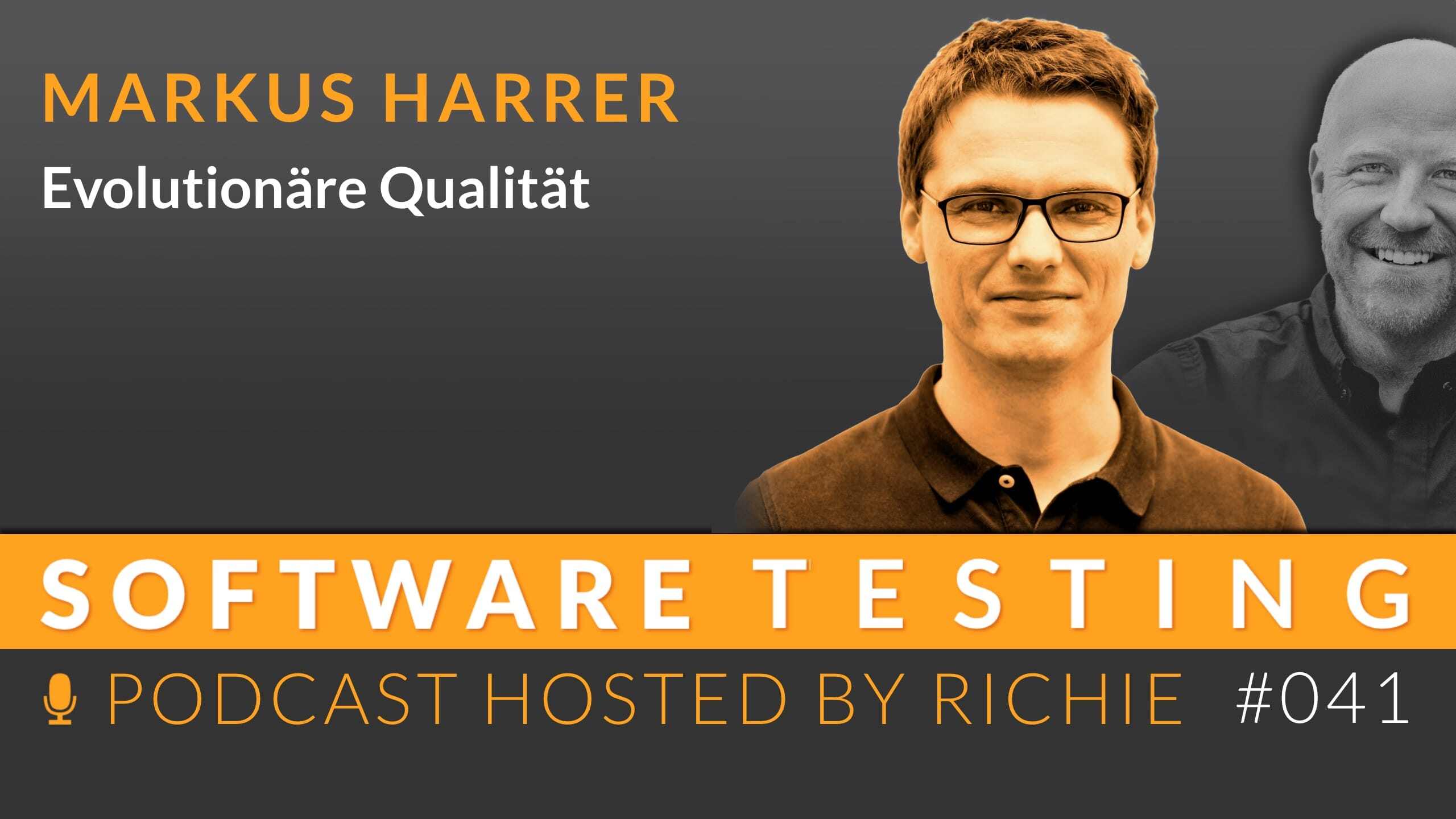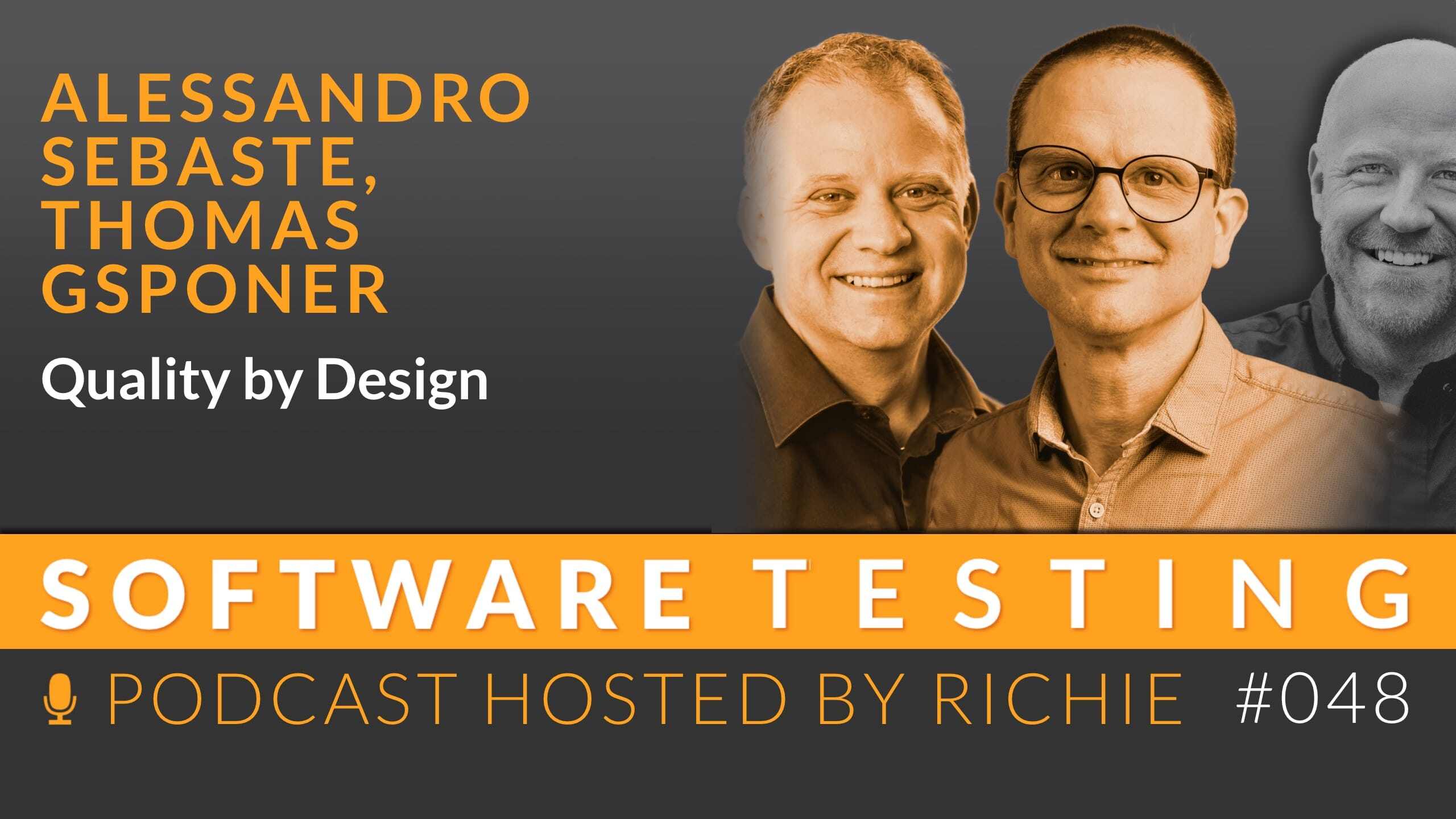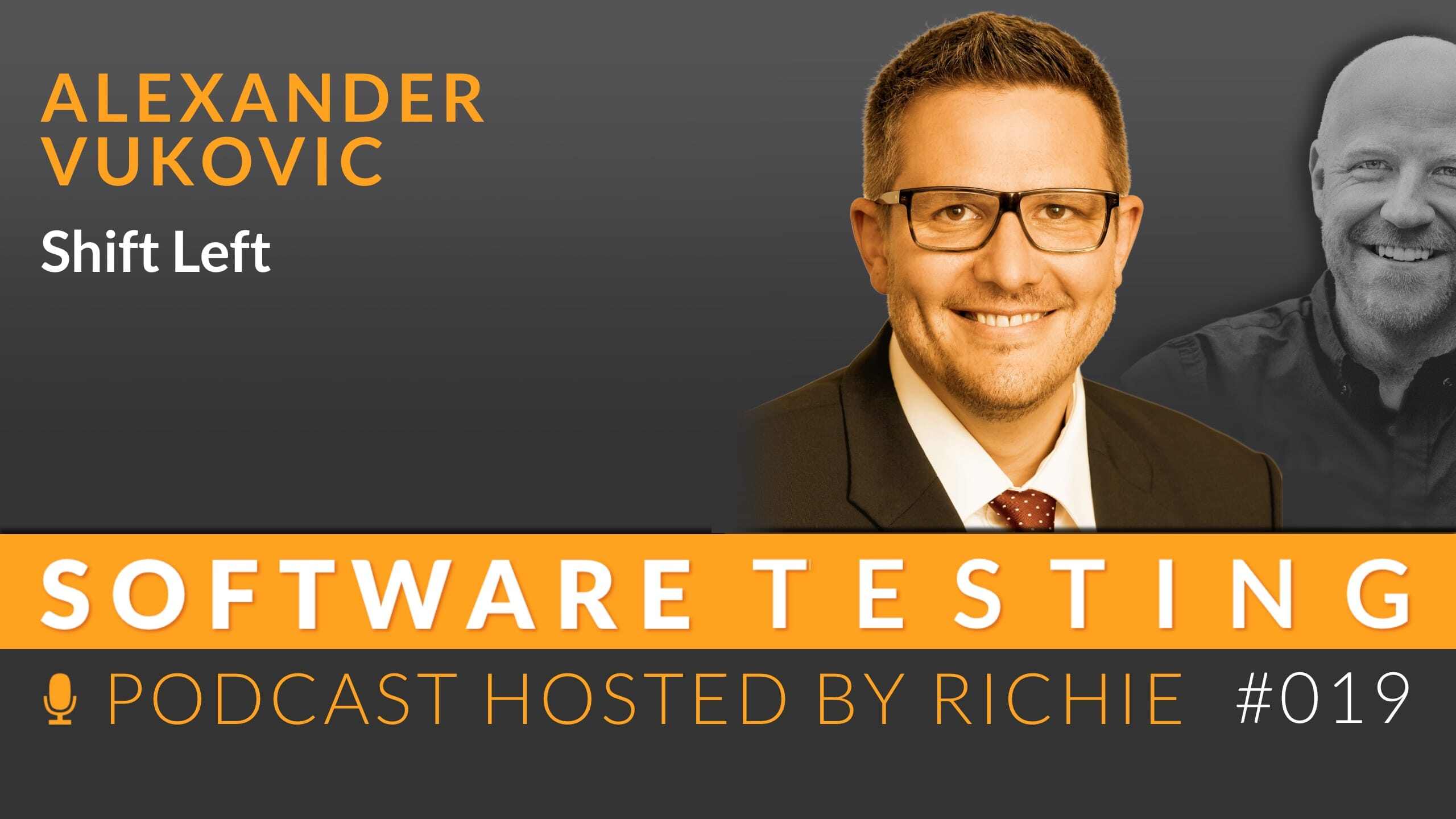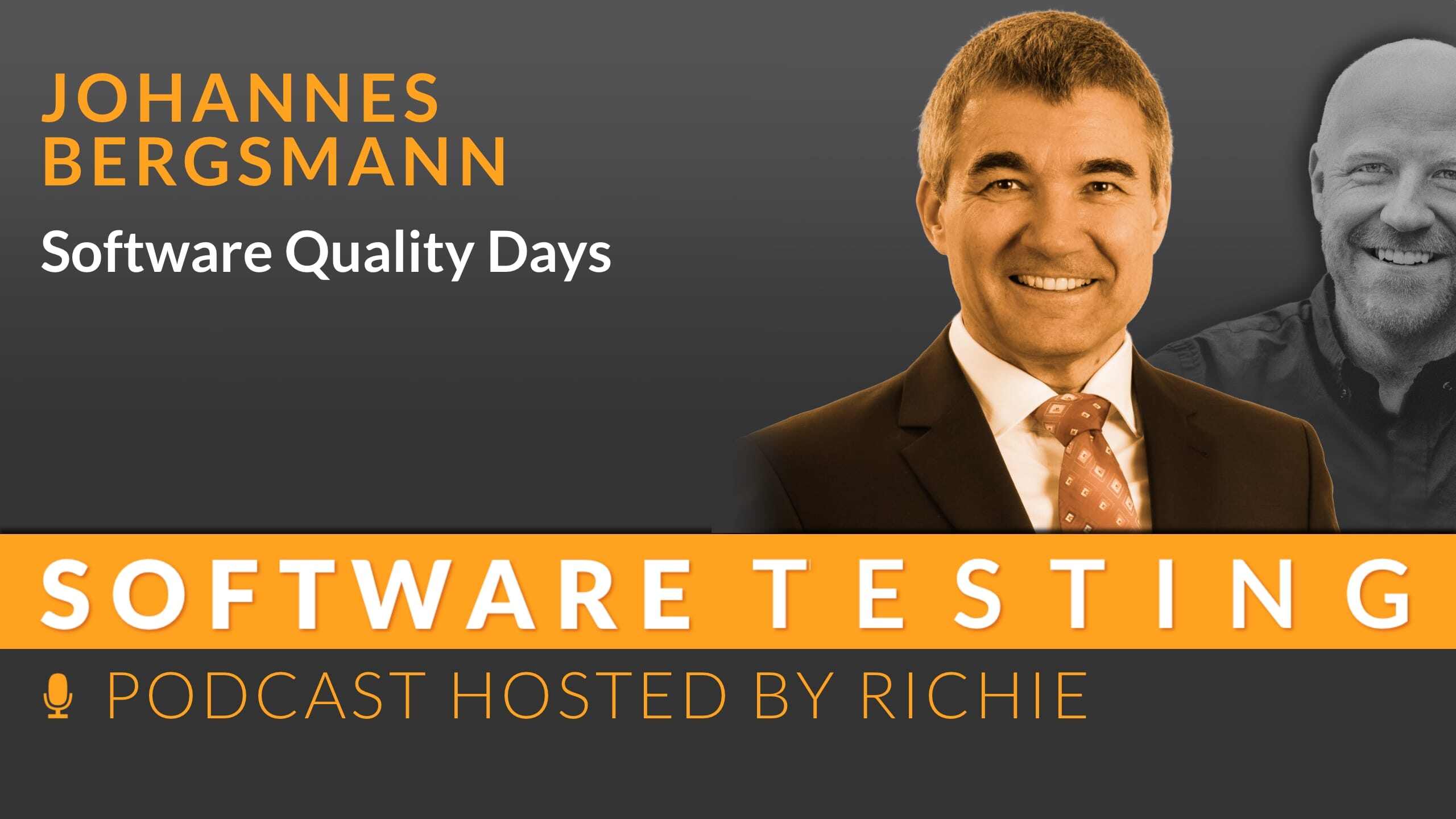Quality by Design
Podcast Episode: Quality by Design What you can learn from another industry! Alessandro comes from the software sector, Thomas from the...

Evolutionary quality refers to the adaptation of software qualities through different phases of evolution: Creation, Customization, Product, and Commodity. In each phase, certain qualities are important in order to further develop the software and respond to market needs. In the development phase, for example, the focus is on functional suitability, while security and maintainability become more important in the product phase. Evolutionary quality helps developers to understand which quality aspects should be prioritized in which phase in order to ensure the success of the software product.
"At a FinTec company, I usually ask a question like: 'How do you earn money? They say to me: 'Not at all! That's when I realized that it's different to a banking software manufacturer that has been in business for years. And then I thought, somehow there's something in there that I haven't realized yet." - Markus Harrer
Markus Harrer has been working in software development for several years and is mainly active in conservative industries. As a senior consultant, he helps to develop and improve software in a sustainable and economically viable way. He is an active contributor to communities on the topics of software analytics, software architecture, software remediation and Wardley Maps. He is also an accredited trainer for the iSAQB Foundation Level and the advanced level module IMPROVE.
Today I'm talking to Markus Harrer about the concept of evolutionary quality objectives in software development. He explains how quality goals change throughout the product cycle and what impact this has on development and testing. An exciting insight into the dynamic world of software quality, enriched by Markus' extensive experience from various projects.
Welcome to a new episode of our podcast, where today we explore the topic of evolutionary quality goals. I'm pleased to welcome Markus Harrer, an expert in software architecture, who takes us on a journey of discovery through the changing landscapes of software quality. Markus' perspectives on adapting quality goals throughout the product lifecycle offer valuable insights not only for developers and testers, but also for anyone interested in the evolution of software.
Markus takes us through his observations from a wide range of projects, from start-ups to large companies. He shares his insights on how different the requirements for quality are in different phases of the software lifecycle. Using real examples, he explains how quality goals shift from the genesis of a product to the maturity phase and the impact this has on development and testing strategies.
At the heart of his presentation, Markus introduces the evolution model, which divides the product cycle into different phases: Genesis, Customization, Product and finally Commodity. Each phase requires its own approach to quality and brings its own challenges. Discussing this model opens our eyes to the need to react flexibly to changing quality requirements.
One of the key aspects is the realization that quality is not a static goal, but rather develops dynamically. Markus emphasizes the importance of adaptability and shows how important it is to continuously question and re-evaluate quality goals. His approach makes it clear that a flexible attitude towards quality not only helps to improve the product, but also leads to increased efficiency in the development process.
Markus shares practical tips on how to deal with the challenges arising from the concept of evolutionary quality as a developer or tester. He emphasizes the importance of understanding roles within a team and gives advice on effective communication between different stakeholders regarding quality expectations.
The concept of evolutionary quality opens up a new perspective on how we should approach quality in our projects. It highlights the importance of flexibility and adaptability in a constantly changing environment.

Podcast Episode: Quality by Design What you can learn from another industry! Alessandro comes from the software sector, Thomas from the...

Podcast Episode: Shift Left The idea behind Shift Left is to consider quality as early as possible in the development process. Because the later...

Podcast Episode: Software Quality Days The Software Quality Days have been around for 15 years now. It all started in Vienna, my home town - with an...